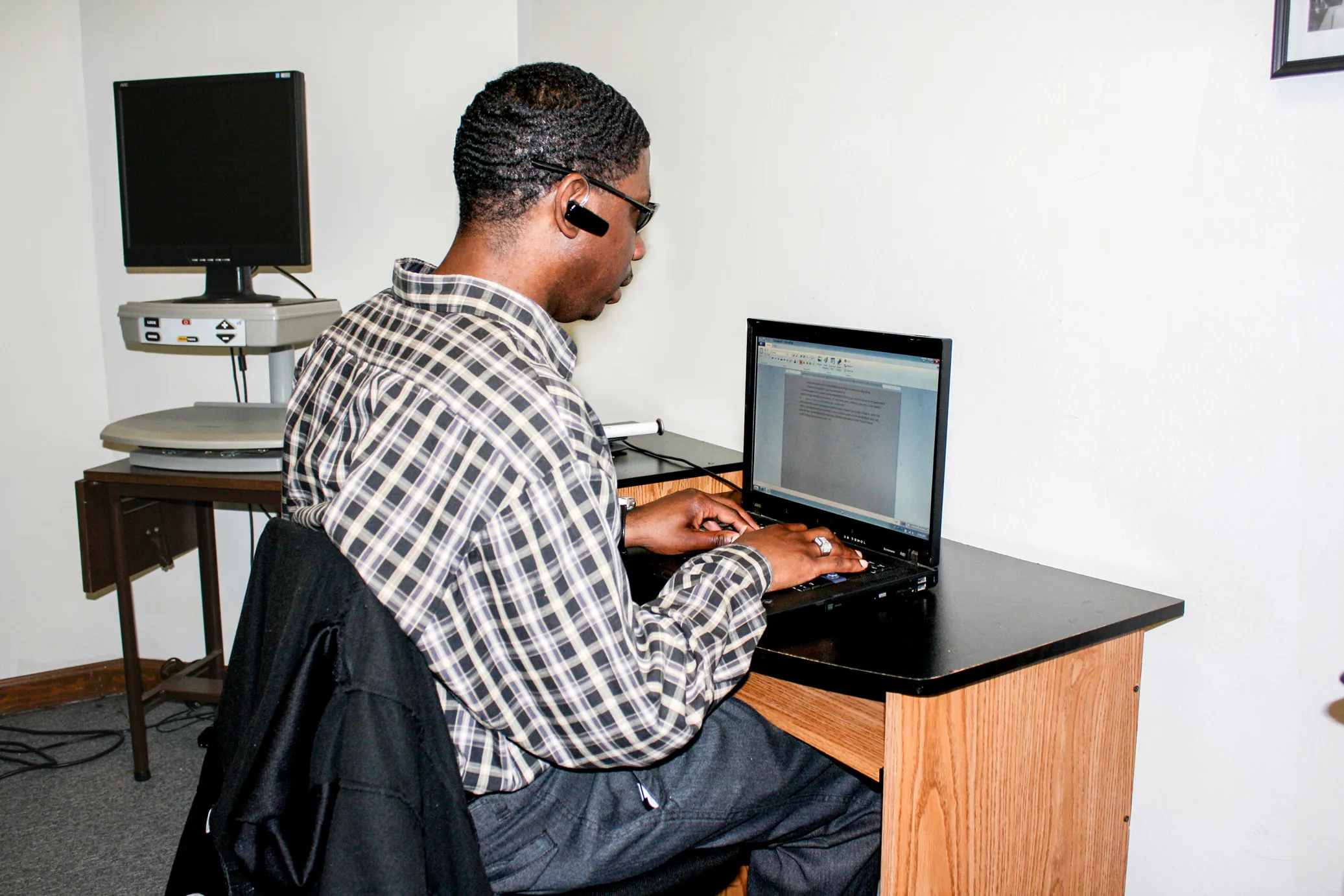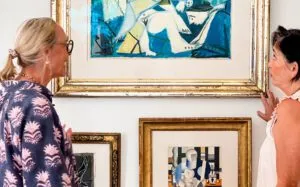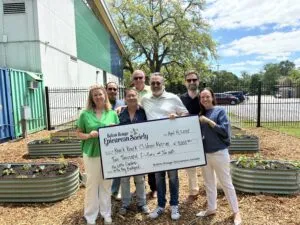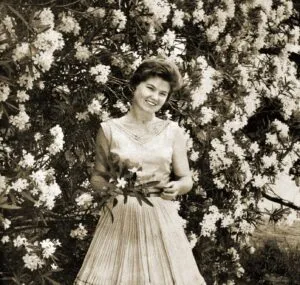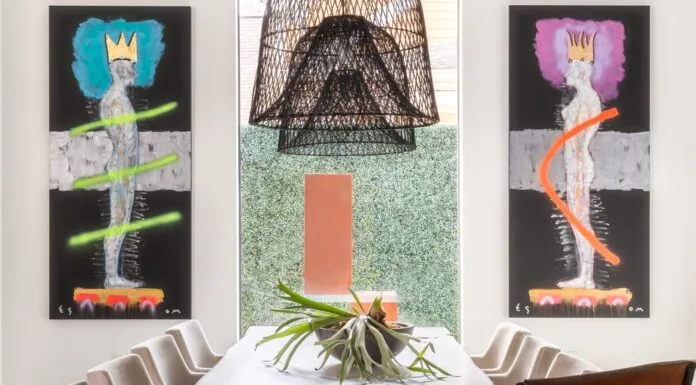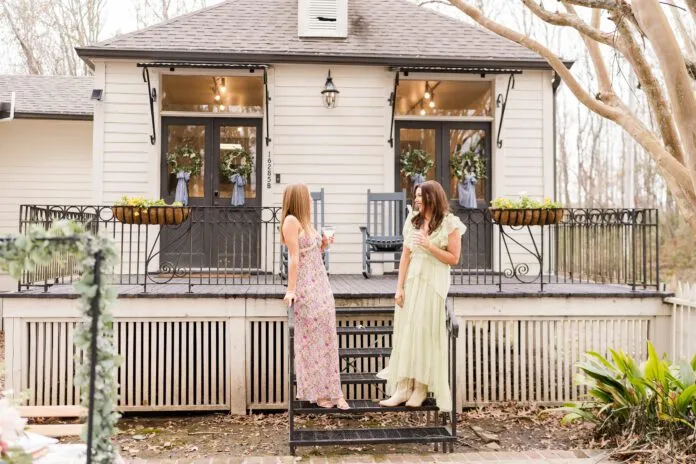Giving back: Blind Ambitions
Reginald Harrison had just entered the fourth grade when he discovered the source of his lifelong vision problems: juvenile macular degeneration, an inherited eye disease that prevents people from seeing fine details clearly. But while Harrison adapted well to life in what he calls a “20/20 world,” eventually creating ponds and patios as a landscape designer, he slowly realized that the majority of the visually impaired in Baton Rouge had not been so lucky.
“I found out that the unemployment rate for blind Americans was about 80 percent,” Harrison says. “It’s sad because there are so many blind people who are qualified for a lot of jobs, but people won’t hire them because people think they’re a liability.”
So to help fill the opportunity gap, Harrison teamed up with Bridget Batiste to found Blind Ambitions, Inc., a mentorship and outreach program aimed at training the city’s blind and visually impaired residents for productive roles in society.
At the organization’s Donmoor Avenue location, mentees learn a number of life-altering skills, including reading Braille, mobility with a cane, computer literacy and job readiness, all of which help navigate a path to success.
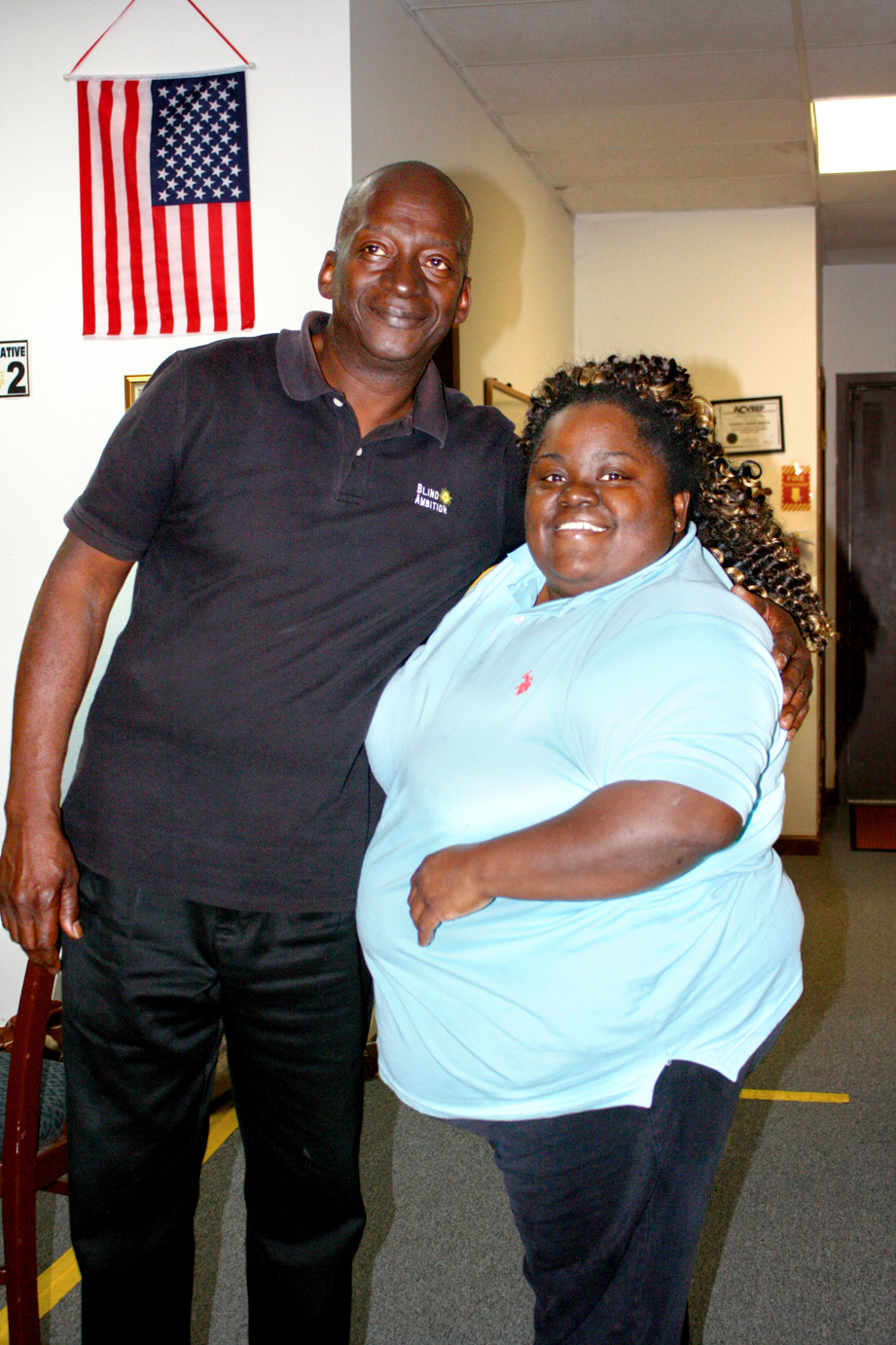
“We teach everything from cooking to money management, plus résumé writing and mock interviews,” says Batiste, who met Harrison when he was a client of the Affiliated Blind of Louisiana in Lafayette, where she worked as a residential counselor. “Anything at all that helps them become independent in the home or the workforce.”
The Blind Ambitions office even includes a small recording studio, where Harrison works with friends and students to create original music. “We don’t limit anyone to a basic curriculum,” Batiste says. “We really try to act as a mentorship program, to help show them what’s possible.”
In the future, Harrison and Batiste also expect a visit from National Industries for the Blind, a nonprofit group aimed at creating and sustaining jobs for the visually impaired.
“I just don’t believe that having a disability means you need to sit at home and collect a check,” Harrison says. “These people don’t have to be scared to venture out into the world—we’re trying to break down that barrier.”
In fact, Harrison hopes that his own success in spite of vision loss might serve as inspiration for others like him. Batiste agrees.
“We want to show them that they can do anything they put their mind to,” she says. “You just need a different avenue to get there.”
For more information, visit blindambitionsinc.com.




